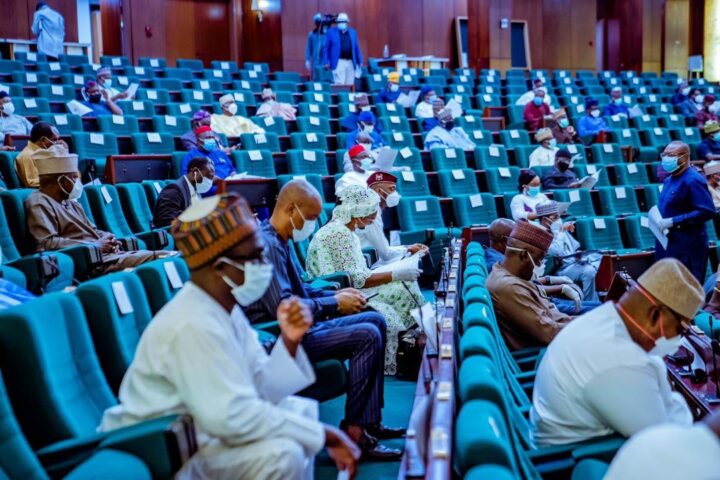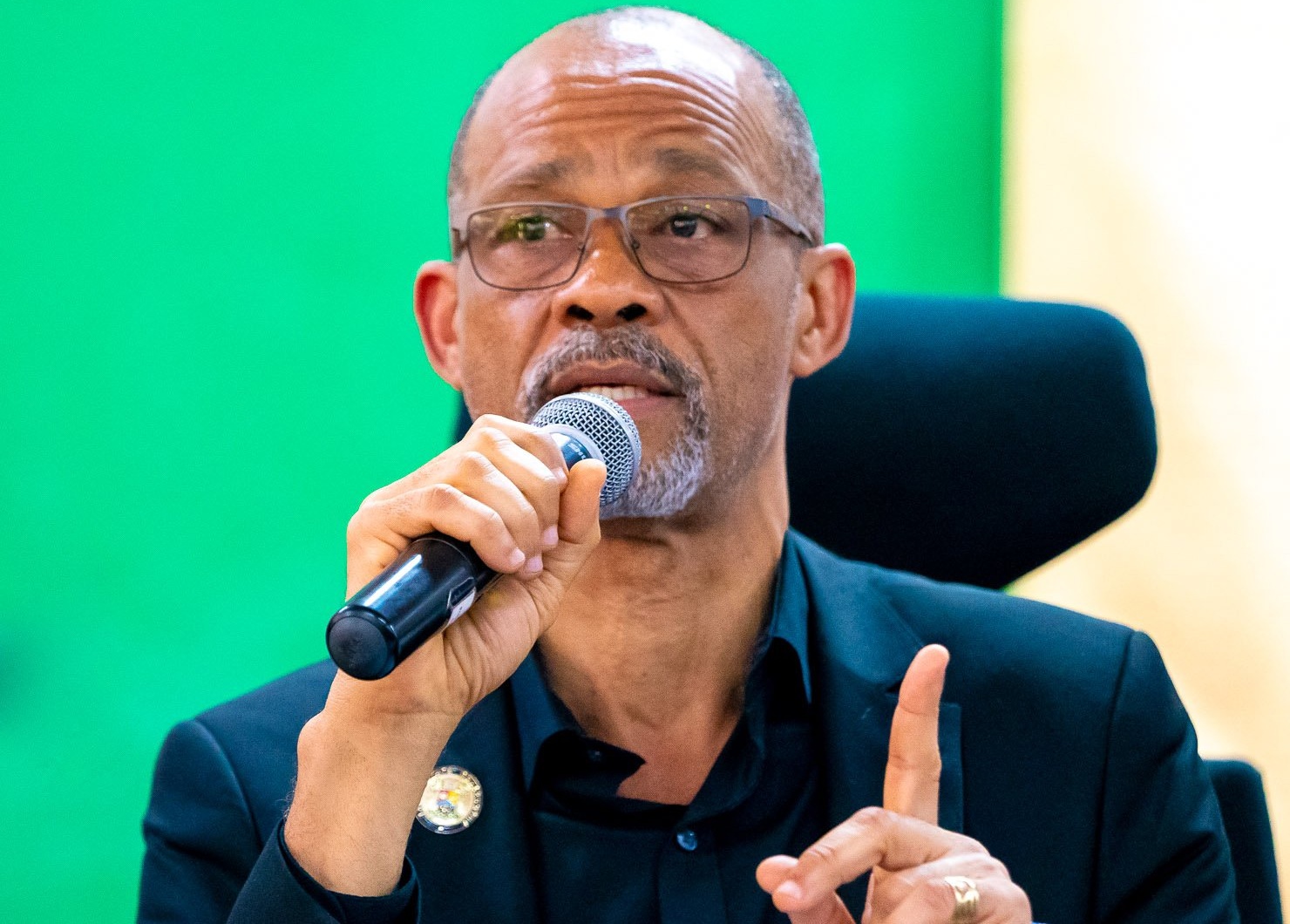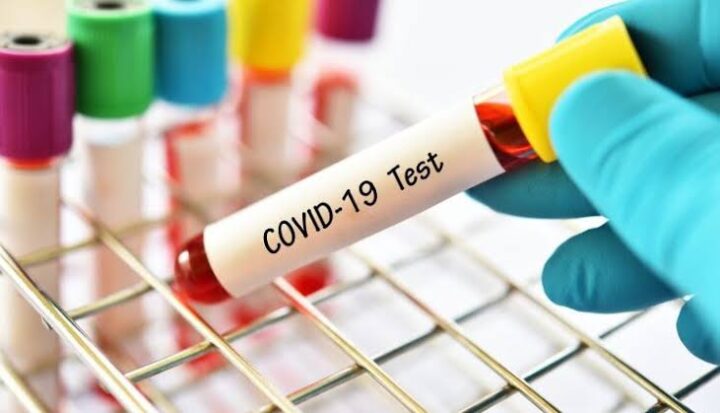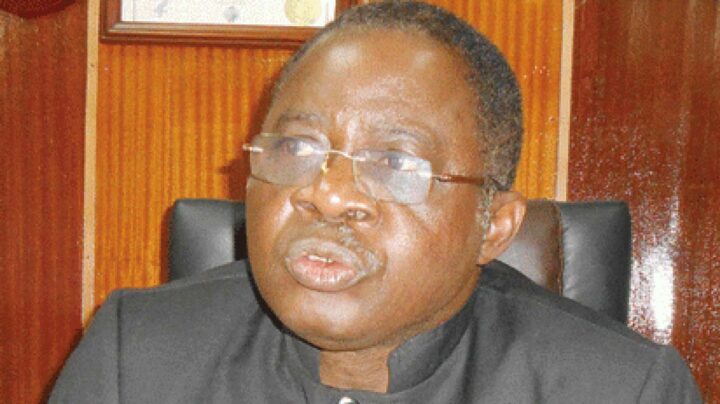The year 2020 was quite a turbulent period in the national assembly.
While some Nigerians are of the opinion that the ninth national assembly is a “rubber stamp” of the executive and has failed to live up to expectations, other citizens think otherwise.
Among those who have praised the current legislature is President Muhammadu Buhari. In July, Garba Shehu, presidential spokesman, quoted the president as saying he has “his utmost respect for the national assembly”.
The assembly considered some bills in 2020 which kept tongues wagging.
Advertisement
TheCable brings to you some of these bills.
INFECTIOUS DISEASES BILL
In response to the COVID-19 pandemic that was first recorded in the country in February, federal lawmakers initiated a bill that will help curb the spread of infectious diseases.
Advertisement
The bill seeks to repeal the quarantine act of 1926 and provide new regulations that will enable Nigeria to manage situations like the coronavirus pandemic that has ravaged the world.
So far, the world has recorded 79,124,958 cases of COVID-19.
But the provisions of the bill did not sit well with some Nigerians.
The bill provides for compulsory vaccination, which some claimed to be a ploy to implant trackable microchips devised by Bill Gates, Microsoft co-founder. There is no evidence to back up this claim.
Advertisement
Also the proposed legislation provides for the arbitrary arrest of any suspect who allegedly breached the law. The bill is yet to be passed by the national assembly.
TheCable did a highlight of the bill here.
WATER RESOURCES BILL
The bill seeking to regulate water resources in the country turned out to be quite controversial.
Advertisement
It was first introduced in parliament by the executive during the eighth national assembly. It was reintroduced in parliament by the Buhari administration in 2020.
While the bill was passed by the house of representatives, it was rejected by the senate. Godswill Akpabio, minority leader at the time, led opposition lawmakers to kick against the bill.
Advertisement
Wole Soyinka, Nobel laureate, said the bill was designed to give “absolute control” of the country’s water resources to the federal government. The bill is still pending at the assembly.
Here are highlights of the bill.
Advertisement
CAMA
The Companies and Allied Matters Act (CAMA) 2020 generated a lot of controversy after it was passed by the national assembly and signed into law by the president in August.
Advertisement
Under the law, religious bodies and charity organisations will be regulated by the registrar-general of Corporate Affairs Commission (CAC) and a supervising minister.
However, the Christian Association of Nigeria (CAN) rejected its application on the church.
It said if the federal government is bent on imposing a law on the church, then it has declared war on Christianity.
“The satanic section of the controversial and ungodly law is Section 839 (1) &(2) which empowers the Commission to suspend trustees of an association (in this case, the church) and appoint interim managers to manage the affairs of the association for some given reasons,” it said in a statement in August.
“The Church cannot be controlled by the government because of its spiritual responsibilities and obligations.
“This is why we are calling on the federal government to stop the implementation of the obnoxious and ungodly law until the religious institutions are exempted from it.”
BAN ON GENERATORS
A bill seeking to ban power generating sets stirred the hornet’s nest in March.
A lot of Nigerians depend on generators for electricity generation in their homes and businesses owing to irregular power supply.
Bima Enagi, senator representing Niger south, introduced the bill.
A copy of the bill which was obtained by TheCable states that anybody who imports into or sells generators in Nigeria risks at least 10 years in prison.
The proposed law wants all citizens to “stop the use of electricity generating sets which run on diesel/petrol/kerosene of all capacities with immediate effect in the country”.
The bill, however, exempts power generating sets used for “essential services”.
It defined essential services to include medical purposes (hospitals and nursing homes and healthcare facilities), airports and railway stations/ services.
SEXUAL HARASSMENT BILL
In July, the senate passed a bill seeking to prohibit sexual harassment in tertiary institutions.
The bill was reintroduced in the senate in 2019 following a spike in cases of sexual harassment in universities.
Clause 7 of the proposed law became controversial at the senate.
Ovie Omo-Agege, deputy senate president and sponsor of the bill, said female students have been classified as minors and their consent is not a defence if court proceedings are instituted against a lecturer.
Ibrahim Yahaya, senate leader, and Enyinnaya Abaribe, minority leader, kicked against the provision.
Yahaya argued that having lectured for more than 10 years, some students would use the provision to “set up their lecturers”.
But the clause was retained after it was voted on.
Add a comment







